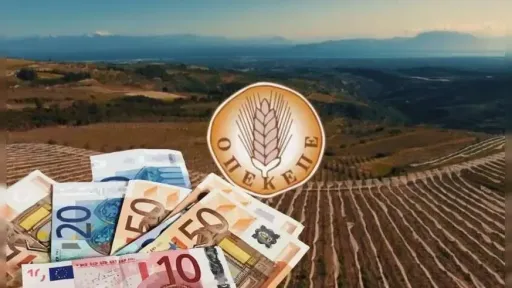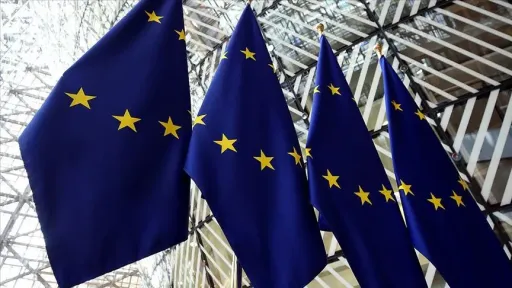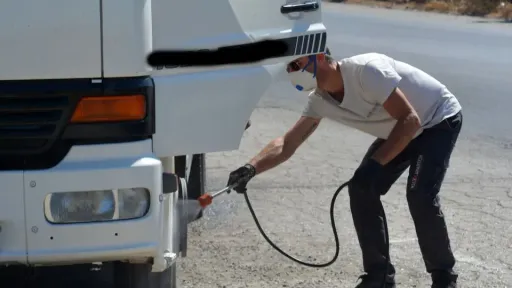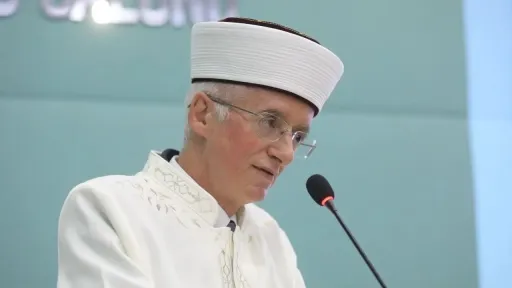Slovakia faces EU funds misuse scandal echoing Greece’s OPEKEPE case

At the center of the case, dubbed the “Hacienda” scandal, are allegations that funds intended to support rural tourism were instead used by officials and connected individuals to build luxury homes and private residences.
According to Politico, numerous properties across Slovakia received EU subsidies under the pretext of being developed into guesthouses, but in practice, they function as private villas, inaccessible to tourists. Investigations have uncovered villas worth hundreds of thousands of euros — some without any online booking presence — and even cases where officials allegedly used EU funds to build homes for family members.
The scandal focuses on the Agricultural Paying Agency (PPA), Slovakia’s equivalent of Greece’s OPEKEPE, which distributes subsidies under the EU’s Common Agricultural Policy (CAP). Former anti-corruption chief Zuzana Šubová described the PPA as a “deeply corrupt” institution that operated like an “organized criminal group” for two decades. Šubová now leads the Pirate Party of Slovakia and continues to criticize the agency after her controversial removal from office.
The European Commission had previously frozen 25% of payments to the PPA in 2020 due to fraud concerns and imposed sanctions for the years 2019–2021. Despite internal reforms, critics say changes exist “only on paper.”
The scandal has sparked political turmoil. Opposition leader Michal Šimečka accused Prime Minister Robert Fico’s government of enabling the embezzlement of “tens of millions” in public funds. Meanwhile, Agriculture Minister Richard Takáč dismissed the affair as a “political conspiracy,” defending the integrity of PPA’s internal checks.
The European Public Prosecutor’s Office (EPPO) and OLAF, the EU’s anti-fraud agency, are currently investigating dozens of cases. MEP Tomáš Zdechovský, who led a European Parliament inquiry, claimed over 300 suspect projects were submitted for review, describing the corruption as “systemic.”
Media watchdogs and anti-corruption NGOs warn that whistleblowers face retaliation, while journalists exposing the scandal report pressure and threats from government officials. Concerns are growing in Brussels over the erosion of democratic checks in Slovakia, especially since Fico’s return to power in late 2023.
The situation has sparked fears that Slovakia may face further EU funding cuts if systemic governance failures persist.







